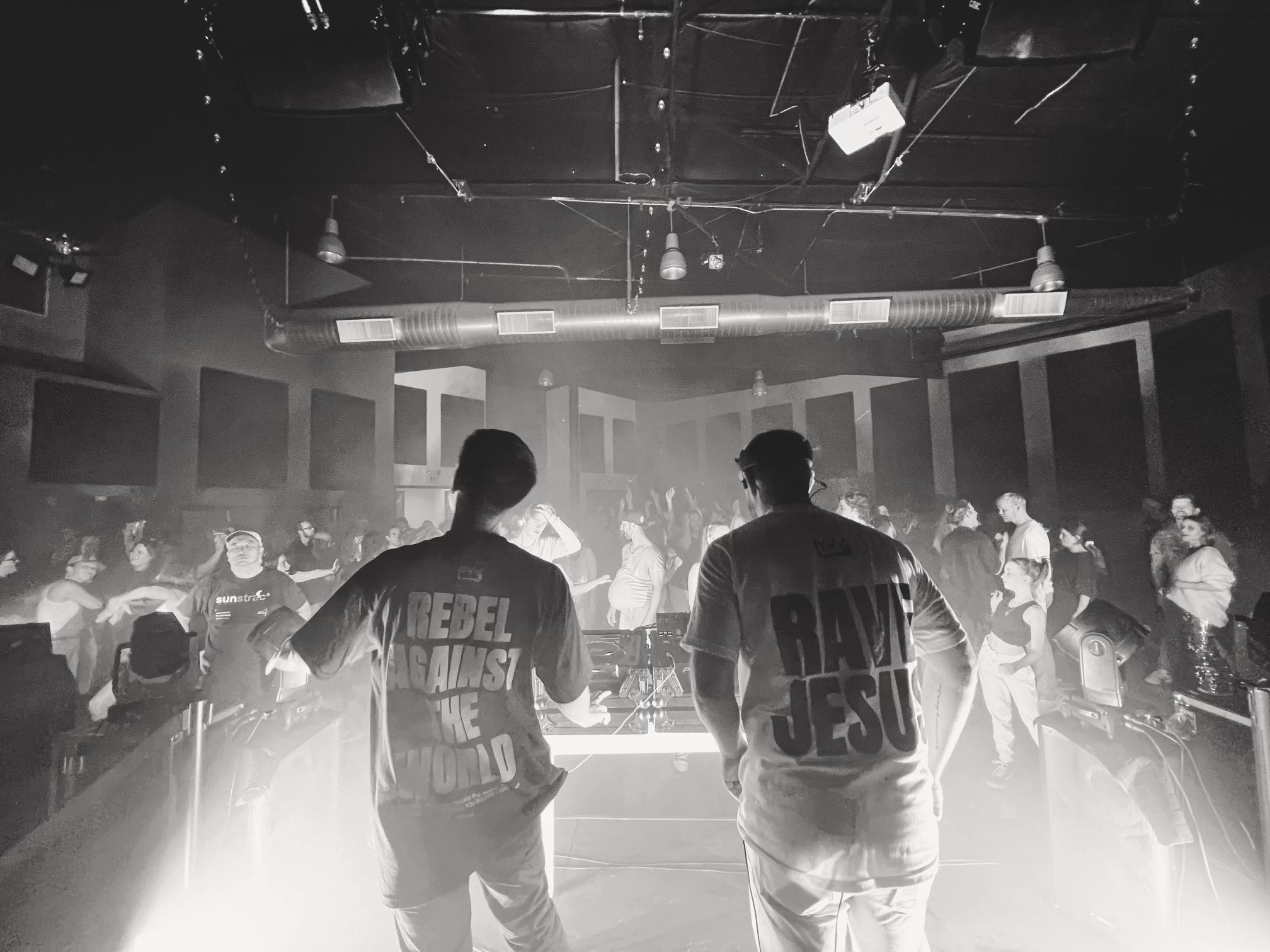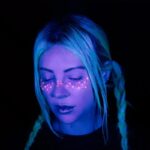The sheer popularity and subsequent cultural impact of Sword Art Online may well have changed the face of the isekai genre for good. However, as many anime fans know, isekai as a concept has existed not just in itself but also in anime specifically long before the release of the first SAO show in July 2012.
Although the very first isekai anime have been around since at least the 1980s with the likes of Aura Battler Dunbine and Magic God Hero Legend Wataru (even if the word isekai was not in common use at the time), there have been plenty of other isekai anime released prior to Sword Art Online, many of them now vastly underrated or largely forgotten. While the majority of viewers already know about titles such as Escaflowne (1996), Digimon Adventure (1999) and Inuyasha (2000), far fewer people have seen the following shows.
The Twelve Kingdoms Fuses Isekai With Literary Epic Fantasy
Misfit high school student Nakajima Yoko has always been self-conscious of her bright red hair, which has constantly prevented her from having a normal life among her peers. When her school is suddenly attacked by a monstrous bird, a mysterious man named Keiki bows before her, swearing to protect her. With no choice but to accept, Yoko is given a sword and transported to another world, with two of her classmates inadvertently swept along for the ride. However, they find themselves alone in a magical land that resembles classical China and whose people treat Earthlings as people to be hunted.
Released in 2002 and based on a series of Japanese literary novels, The Twelve Kingdoms (Juuni Kokuki) is classic high fantasy, and involves not just stereotypical swords and sorcery but also complex games of politics and a story steeped in tradition and lore. The show’s intricate setting is complemented by its large and pleasantly diverse cast, all of whom undergo major character development over the course of the anime’s 45 episodes.
.hack//Sign Is a Deconstruction of MMO-Based Isekai
Set in a fictional 2009, the introverted Tsukasa is a Wavemaster, or magic-user, in an MMORPG named The World. However, he has no idea who he is or how he got there, as he is suffering from amnesia and worse still, is unable to log out from the game. The Crimson Knights, a player organization created to fight injustice, believe him to be a hacker, but its leader Subaru and several other game players make it their mission to solve the mystery and help Tsubasu get back to the real world.
A 26-episode anime-original series released in 2002, .hack//Sign could almost be called the antithesis of more contemporary isekai anime like Sword Art Online despite being the closest to them in terms of root premise. The show is very deliberately paced and concerned more with dialogue-driven conflict than flashy action sequences. Incorporating themes of social isolation and anxiety as well as both conscious and subconscious escapism, .hack//Sign is quietly profound rather than showy or dramatic -- a fact that doesn’t prevent its soundtrack from being hands-down one of the best in the history of anime to date.
Now and Then, Here and There Is Isekai At Its Darkest
Matsutani “Shu” Shuzo is a fairly normal boy and a practitioner of kendo who, when walking home from school one day, chances upon a girl being attacked by a group of people piloting dragon-like mechas. Instinctively acting in her defense, Shu is abruptly transported to a post-apocalyptic world where water is extremely scarce and the girl, Lala-Ru, is hunted for her ability to access it via her magical pendant. Now trapped in this wasteland, Shu must confront a potential future Earth that involves mass famine, slavery and child exploitation.
Now and Then, Here and There (Ima, Soko ni Iru Boku) is a 13-episode anime original that first aired in 1999. While it features the base premise of an isekai show, it’s primarily a dark science-fantasy mired in dystopian tragedy, and which revolves heavily around such grim topics as rape and the forced conscription of child soldiers. However, the series never forgets its human center; it depicts such grisly material not for the sake of sensationalist shock value, but because they are integral to the story’s heartfelt messages and themes.
Fushigi Yugi Blends Isekai With High Drama
Middle school students and best friends Miaka Yuuki and Yui Hongo are at the library one day when they stumble across a mysterious book titled The Universe of the Four Gods. When it sucks both girls inside, transporting them to an ancient Chinese world, they are soon separated from one another, each of them destined to become priestesses of opposing kingdoms and, for various other reasons, also mortal enemies.
As much a romance piece as it is a fantastical isekai, Fushigi Yugi (Mysterious Play) is what the likes of Sword Art Online might have been if it were driven by a shojo story and amped its melodrama up to 11. Premiering in 1995, it aired for 52 episodes and is everything that .hack//Sign is not: histrionic, theatrical and exaggeratedly emotional. Problematic while it may be in some areas, it’s also highly addictive; the perfect popcorn show for those who happen to like their anime with a dose of historical fantasy drama and reverse harem-esque hijinks.
Magic Knight Rayearth Is Isekai Combined With Magical-Girl Sensibilities
Hikaru Shidou, Umi Ryuuzaki and Fuu Hououji are all vastly different eighth-grade girls attending separate schools. While on field trips to visit Tokyo Tower, they are suddenly drawn into the world of Cephiro, which they must save by rescuing its princess, Emeraude, before being returned to Tokyo. Guided on their journey by the rabbit-like creature Mokona, the girls realize they possess element-based magic and eventually awaken the three Rune-Gods; beings that can take on the form of pilotable giant robots.
Airing for 20 episodes from 1994-95, Magic Knight Rayearth (Mahou Kishi Rayearth) is a magical girl-like mecha-themed isekai created by the all-female manga artist group CLAMP, of Cardcaptor Sakura and Chobits fame. Viewers can expect a lot of everything here, from comedy and drama to romance and fantastical action/adventure. Like a love child of Sailor Moon and Escaflowne, Magic Knight Rayearth is an extremely eclectic ride, but an unabashedly fun one.
About The Author

